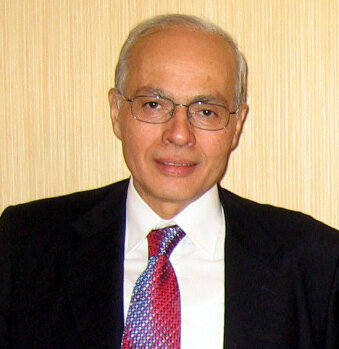What lesson does the Egyptian spy of 50 years ago have for us in Kerman incident?

TEHRAN - A few months ago, the Israeli spy apparatus officially acknowledged what many had long suspected. It said that Ashraf Marwan, the son-in-law of former Egyptian President Gamal Abdel Nasser, had been a spy for Israel, providing necessary information to this regime on all matters such as war and peace.
Fifty years have passed since the emergence of this narrative. And revealing this story will not benefit Egypt and compensate the country for the losses it experienced then.
The Kerman terrorist attack, which claimed the lives of 84 innocent people, bears striking parallels to the Marwan affair. ISIS, the group that claimed responsibility for the attack, is believed to have been created and funded, at least in part, by Western spy agencies.
According to U.S. former President Donald Trump, ISIS was created and funded by America.
Contrary to the public perception of ISIS as a fanatically religious organization, the group's actions often contradict this narrative.
During the Syrian civil war, ISIS refrained from attacking Israeli territory, despite its proximity to the border. Even in the face of the devastating Israeli-led massacre of Palestinians which has so far claimed the lives of 22,000 Palestinians, ISIS failed to direct its violence towards American or Israeli forces.
It must be acknowledged that expecting Israeli Prime Minister Benjamin Netanyahu to personally wear an explosive vest to convince people of the involvement of Western spy agencies in extremist group activities is unrealistic. Just as Egyptians have had to patiently await information disclosure for half a century, so should others.
The paramount responsibility of every individual is to unequivocally condemn such heinous crimes through various means. As time unfolds, history will unveil the narrative behind the scenes of those responsible for these crimes, akin to the revelation of Ashraf Marwan's story.
While it may take decades for the full truth to emerge, the collective consciousness of the people in West Asia has evolved far beyond the era of Ashraf Marwan.
